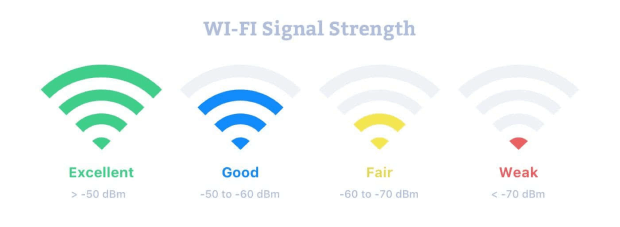
Real estate is a capital guzzler, illiquid, immovable, and indivisible. Also, it’s miles bulky to gather, maintain, liquidate and bequeath.
Capital guzzler: In many instances, a single piece of real estate will represent nearly 70-eighty% of the client’s portfolio. If this is the case, then it’s a no-brainer that real property shouldn’t be considered.
Illiquid: It is not very convenient to liquidate real estate, and therefore, although the real estate is usually recommended from the investment angle, the planner has to be cautious that the client has big liquidity/liquid assets to fulfill other monetary desires and contingency.
Immovable: Irrespective of what the consumer feels, except that s/he guarantees private preservation and renovation of real estate, it isn’t always endorsed. In the beginning, there may be enthusiasm; however, through the years, small issues like paying property taxes, water leakage in-house, pigeon nests, and so on can harm real estate. Therefore, invest most effectively if there is time and accessibility.
Indivisible: In instances of need, it isn’t viable to in reality promote off a portion of actual property.
Besides, the bequeathing of real estate and later making sure that titles are correctly transferred is a cumbersome process.
Raghvendra Nath, MD, Ladderup Wealth Control
Most human beings fancy buying actual estate as it is an actual asset and not just paper. Also, they consider within a long time, most real property costs could be respected, so the chances of loss are negligible. In India, buying a home is one of the top priorities for people. The outlook for the actual property quarter continues to be quite pessimistic, particularly for the subsequent 4-five years. The call for is negligible; the price ranges are nonetheless extended, resulting in a tepid end-consumer call for. Most builders are under economic stress with huge unsold inventories. In such a situation, investing in real estate could be a high-risk proposition.
For maximum investors who have moderate ranges of wealth, allow’s say less than ₹10 crore, the simplest actual estate that we propose is their residential home. For wealthy traders, the recommendation is to maintain handiest 30-35% in real estate property. Because if you have limited wealth, you want to have liquid investments so you can utilize your wealth when you want it. Also, actual property investments are accomplished in chunks, and one terrible investment can permanently drag the returns of the entire portfolio.
Real estate draws a large set of clients as it is something they can contact and feel, for real, in contrast to a financial asset. Most investors fail to calculate the powerful compound annual growth back (CAGR) from asset investments and regularly incorrectly get inspired by an unusual-looking looking go back. Investing in a second home for condo earnings remains one of the maximum popular retirement plans in India. Lifestyle aspirations are a one-way traffic; a lot of customers are looking for larger and higher homes. But how many numbers have gotten into the Forbes list with the aid of investing in bedroom flats?
A portfolio must encompass a group of properties in this kind of way that the overall returns are insulated from non-correlated actions throughout the assets. Balancing between physical and monetary assets could be a prudent measure. The objective isn’t to maximize, but to optimize the returns. Basic principles like need versus wants and not on-time gratification ought to be kept in mind. The financial plan might want to be recalibrated after publishing huge funding, and could throw off expectations, not on time.
Real property is an emotional buy item. Most people want to live off their very own houses, despite the fact that it’s miles small. They sense a experience of protection dwelling in their own home. There is also huge pressure from family contributors you obtain a domestic. Societal mores also are pro-home ownership.
We support the idea of purchasing a home for living functions. The problem we come across is set the amount of money to be spent, the timing of buy and about ensuring that the belongings purchase does no longer affect other critical desires like retirement, youngsters’ training, and many others.
Homes are costly nowadays. It is, as a result, not practical for someone to head for a home very early in their career. One wishes to pay about 25% as a down payment, and that cash must be available. Second, while taking a mortgage, take into account that it’s a protracted-time period commitment. The EMI would also be great, and its serviceability needs to be hooked up. When the mortgage servicing depends on the profits coming from each husband and spouse, the ability of 1 dropping out to raise a baby is misplaced.
People are cellular these days and flow ananywhereheir process takes them. Hence, they want to be clear that they intend to continue operating in that city from then on and no longer circulate aElse, one might also purchase belongings in one metropolis and move to another other, town-based totally on career desires. One will then pay EMI on very own property and additionally pay to hire winthe new town.












